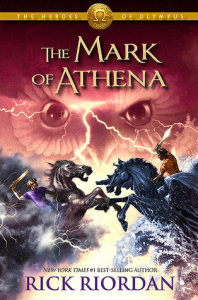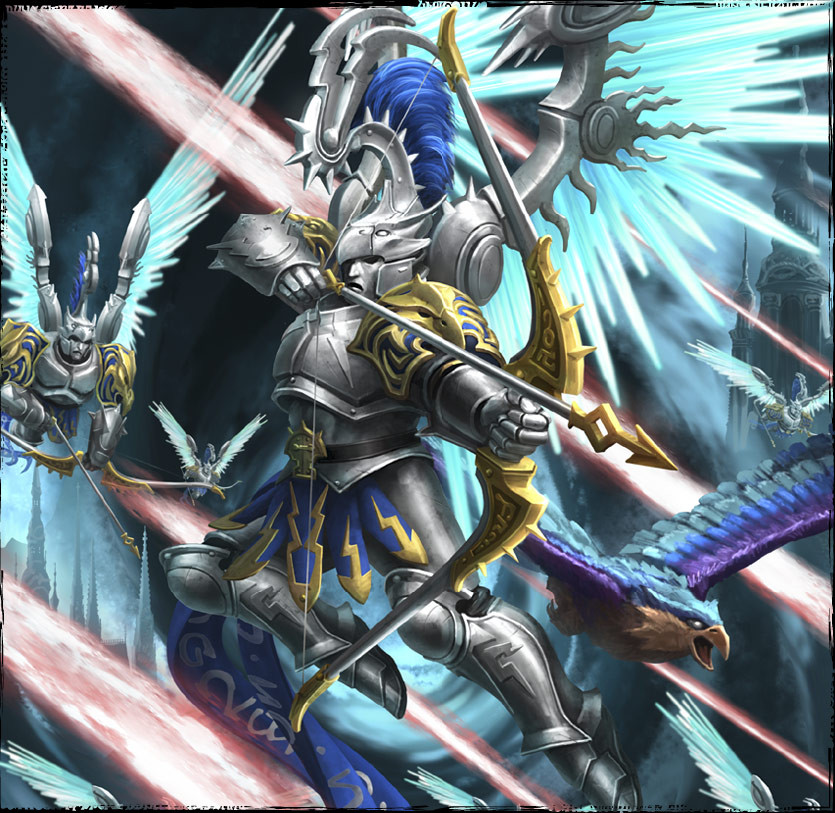This blog offers a different type of book review—one that’s combined with vocabulary building.
Included here, following a short review, are a few interesting words I found in Almost Dead, one of dozens of novels New York Times best-selling author Lisa Jackson has under her belt. In researching for this blog, I was surprised to learn that she and another author I love to read, Nancy Bush, are sisters.
 Almost Dead is the story of a young mother who’s awash in grief at the sudden loss of her grandmother. Cissy Cahill thinks that grief is making her lose her mind when she hears footsteps and senses strange shadows in the family’s San Francisco home. Then other members of the affluent family suffer sudden brutal deaths. Cissy is forced to dig into the family history to find answers and hope to discover the killer. Almost Dead kept me guessing until the surprise twist in the end, like Jackson’s writing often does.
Almost Dead is the story of a young mother who’s awash in grief at the sudden loss of her grandmother. Cissy Cahill thinks that grief is making her lose her mind when she hears footsteps and senses strange shadows in the family’s San Francisco home. Then other members of the affluent family suffer sudden brutal deaths. Cissy is forced to dig into the family history to find answers and hope to discover the killer. Almost Dead kept me guessing until the surprise twist in the end, like Jackson’s writing often does.
A Few Words from Almost Dead:
Rabbit-Warren: n. a series of underground tunnels where rabbits live; a building or place with many connected rooms, passages, etc., where you can get lost very easily. “The real work took place behind a solid-core door that led to rabbit-warren work spaces, of which Sybil Tomini’s was one of the largest.”
Disabused: v. persuade (someone) that an idea or belief is mistaken “‘It wasn’t all that terrific,’ Cissy disabused them. ‘We Cahills seem to have trouble in the happiness department.’”
Progeny: n. a descendant or the descendants of a person, animal, or plant; offspring. “They all knew that was wrong, all realized that her father, and all of his progeny, had been scammed by that vile grandfather of Cissy’s.”
Stygian: adj. of or relating to the Styx River. <SPECIAL USAGE> Poetic/Literary very dark. “All the while she eyed the shadows and stygian umbras; the wet, shivering plants; the dark sheltered nooks where the exterior corners of the house met.”
Umbras: n. the fully shaded inner region of a shadow cast by an opaque object esp. the area on the earth or moon experiencing the total phase of an eclipse. “All the while she eyed the shadows and stygian umbras; the wet, shivering plants; the dark sheltered nooks where the exterior corners of the house met.”
Moue: n. a pouting expression used to convey annoyance or distaste. “Marla made a moue of distaste at the memories of her mother-in-law.”
Definitions are typically from The New Oxford American Dictionary through Kindle or internet research, including Wikipedia.
“The difference between the almost right word and the right word is… the difference between the lightning bug and the lightning.” — Mark Twain
“The word is only a representation of the meaning; even at its best, writing almost always falls short of full meaning. Given that, why in God’s name would you want to make things worse by choosing a word which is only cousin to the one you really wanted to use?” — Stephen King, On Writing
What interesting words have you taken note of lately?
Advertisements Share this:




